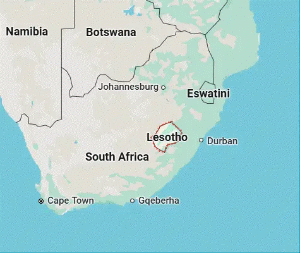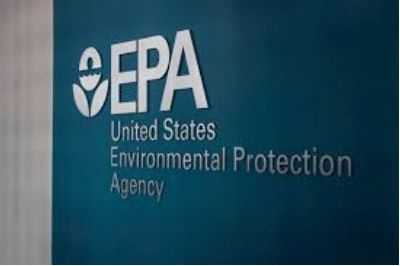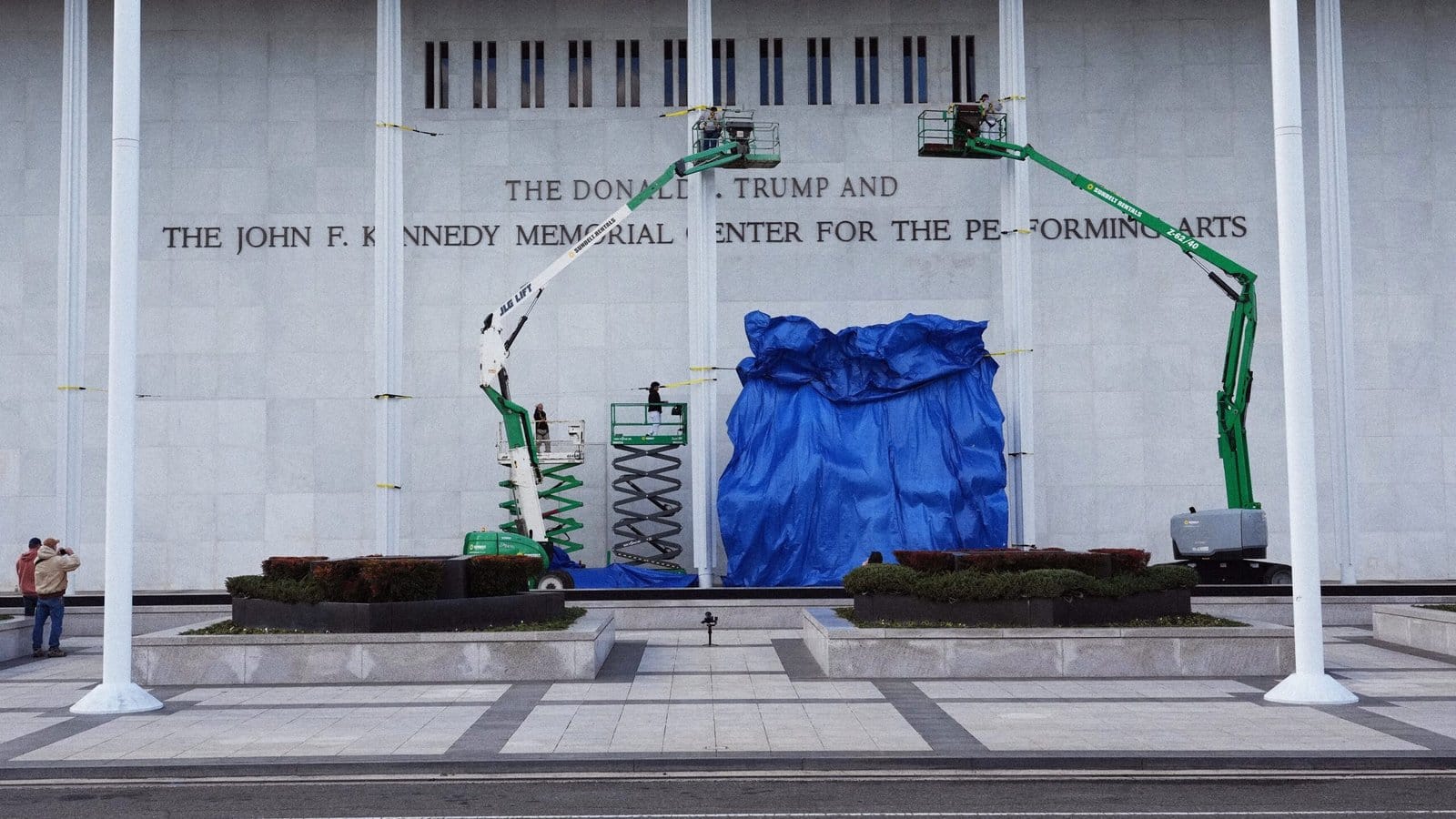
/
Lesotho Declares State of Disaster Amid Crippling U.S. Tariffs
Written by: Cliff Williams
The small Southern African kingdom of Lesotho has declared a two-year national state of disaster, effective until June 30, 2027, as a devastating 50% tariff imposed by the U.S. on its exports threatens to unravel its vital textile industry and plunge the nation into an economic crisis. This drastic measure, announced by Deputy Prime Minister Nthomeng Majara, highlights the real-world consequences of protectionist trade policies on vulnerable economies.
The Tariff Effect in Action
The tariff effect refers to the economic consequences of imposing taxes on imported goods. In this case, the U.S. tariff makes Basotho-produced textiles significantly more expensive for American buyers, reducing their competitiveness and demand. Historically, Lesotho has enjoyed duty-free access to the U.S. market under the African Growth and Opportunity Act (AGOA), which has been a cornerstone of its economic development. The sudden imposition of a 50% tariff, a measure that President Trump had hinted at, effectively erases any price advantage Lesotho’s garments once held, rendering them unviable for many U.S. retailers.
A Nation in Peril
Lesotho’s textile sector is its largest private-sector employer, directly supporting over 40,000 jobs and indirectly many more through related industries. With the new tariffs, orders have dried up, leading to mass layoffs and factory closures. The national unemployment rate has soared to 30%, with youth unemployment nearing 50%. The declaration of a state of disaster allows the government to fast-track interventions and seek international assistance to mitigate the economic shock and prevent further social fallout.
Even prior to these recent tariff escalations, Lesotho was already among the world’s most economically vulnerable nations. With a GDP per capita estimated at around $1,106.5 in 2024, it stands at roughly 8% of the global average, a stark indicator of its limited economic output. While the official unemployment rate hovers around 16.1% in 2024, this figure often masks significant underemployment and a large informal sector, with youth unemployment being a particularly pressing concern. Furthermore, over half of the population still lives below the poverty line, struggling to meet basic needs. This pre-existing fragility means the current trade crisis isn’t merely a setback, but a potentially devastating blow that could plunge an already struggling populace into even deeper hardship, threatening food security and social stability.
The potential long-term effects on Lesotho are dire. If these tariffs take hold, the country faces a complete collapse of its textile industry, which accounts for more than 10% of its GDP. This would lead to widespread poverty, increased social instability, and a reversal of the progress made in improving living standards. For a nation already grappling with food insecurity and high rates of HIV, the economic pressure could be catastrophic, demonstrating how trade policies in powerful nations can have disproportionate and devastating impacts on smaller, dependent economies. The unfolding crisis in Lesotho serves as a stark example of the global ripple effect of protectionist trade measures.






